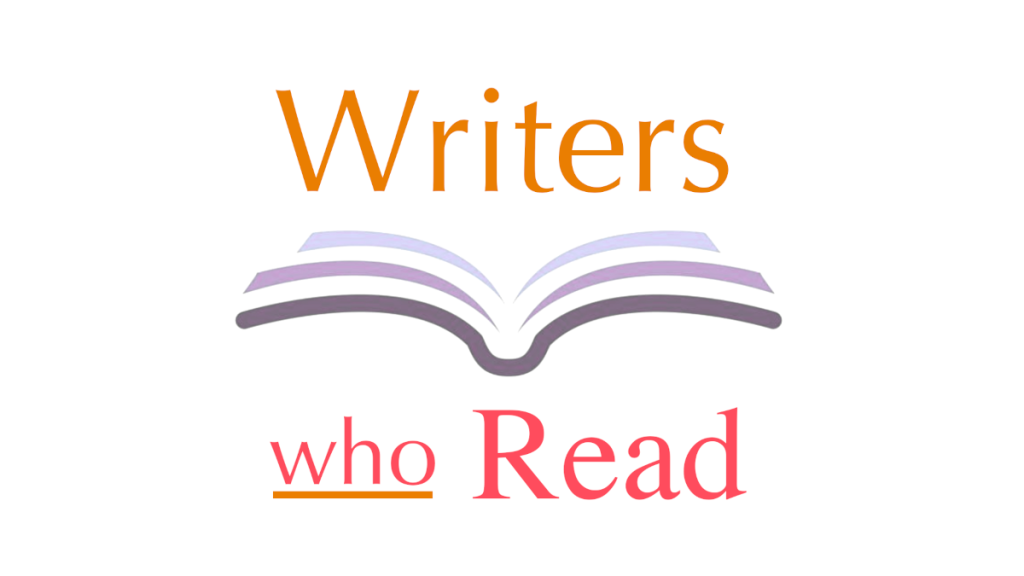 Stephen King–who once lived here in Boulder–has said that if you want to become a writer, you must do two things above all else: write a lot and read a lot. But how you read is even more important than what you read. It’s so important to read with purpose, to constantly be asking yourself: why this word, and not that; why this action or description and not that; why this scene and not that; to understand that every author on every page is making hundreds of choices, and is using techniques that you may not yet have mastered. To read with purpose deepens your understanding of the work in front of you, and it multiplies your pleasure–really! Reading in this way turns every book into a masterclass taught personally to you by some of the best authors in the world.
Stephen King–who once lived here in Boulder–has said that if you want to become a writer, you must do two things above all else: write a lot and read a lot. But how you read is even more important than what you read. It’s so important to read with purpose, to constantly be asking yourself: why this word, and not that; why this action or description and not that; why this scene and not that; to understand that every author on every page is making hundreds of choices, and is using techniques that you may not yet have mastered. To read with purpose deepens your understanding of the work in front of you, and it multiplies your pleasure–really! Reading in this way turns every book into a masterclass taught personally to you by some of the best authors in the world.
I call this type of reading Literary Forensics.
As writers we have been told to read so that we can learn how to write, but uncovering the craft of writing in this way is not easy to do. In a published novel we observe the residual effects of authors’ writing techniques, and not the techniques themselves. Tools that authors use to craft their texts are buried under layers of revisions. And because we can glimpse only hints at underlying craft here and there, to peel back highly-polished prose to reveal original design structure requires quite a bit of digging.
But how to dig?–that’s the question! The techniques I have compiled over the last six seasons of leading my group of writers have been hard-won. Believe me, if there were any were any sort of guide outlining how to do this I would have found it and been all over it years ago. But there was nothing out there then and there continues to be a void in this space.
And so I wrote the book
Literary Forensics: Writers Who Read–A Reference Guide is coming out in 2024. More information about ordering your copy will be available here the closer we get to the release date. This reference guide to the craft of reading like a writer utilizes tools drawn from an variety of disciplines: literary theory and hermeneutics, discourse and narrative analysis, social psychology, close and distant reading, the digital humanities’ big data technologies, and, of course, an understanding of the writing techniques themselves.
Links to many of the source materials comprising Literary Forensics can be found on the Literary Forensics Resources page.
Writers Who Read
I host a podcast called Writers Who Read that’s all about analyzing novels using Literary Forensics.
And I also run a reading group for like-minded writers who want to practice Literary Forensics called Writers Who Read LIVE!. We meet almost every month and we’re sponsored by the Boulder Writers Alliance. At each meeting we dissect a recent novel (published within the past 18 months) with the goal of uncovering how the author has utilized their skills for effect. By learning as much as we can from critically-acclaimed or best-selling novels, we can then apply that knowledge to our own writing.
So join us already. When we meet, it’s on the first Sunday of the month, somewhere around downtown Boulder, Colorado. Please sign up to attend on Meetup. If that doesn’t work for you, please contact me so I can save you a spot. The complete list of upcoming (and past) books is here.
I’d love to meet you!


